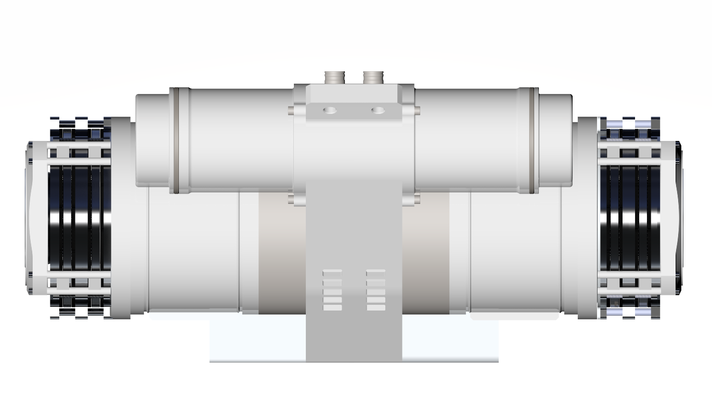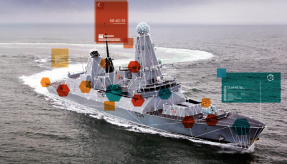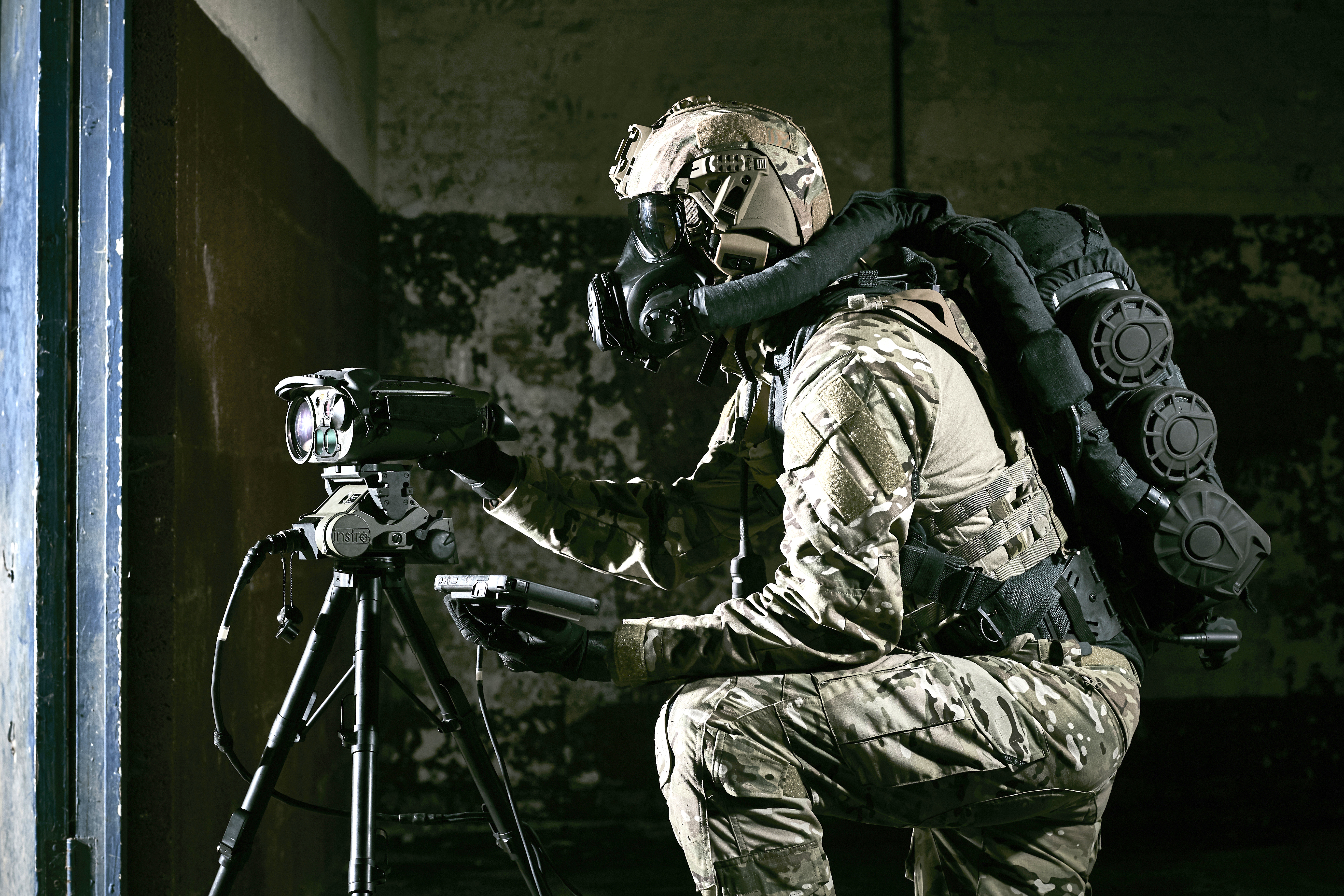
BAE Systems has been awarded a $32 million prototype agreement by the US Army’s Rapid Capabilities and Critical Technologies Office (RCCTO) to integrate a Hybrid Electric Drive (HED) system onto a Bradley Fighting Vehicle.
The development program is part of the Army’s effort to increase vehicle efficiency and boost power generation to support integration of future technologies and greater mobility for combat vehicles on the battlefield.
BAE Systems and teammate QinetiQ will use an existing Bradley Fighting Vehicle as the testbed for integrating the HED technology under the Combat Vehicle Power and Energy architecture and mobility capabilities development program. The integration work will begin this summer.
“Integrating a Hybrid Electric Drive system into combat vehicles vastly increases on-board power and provides a significant increase in mobility, lethality options, and range, all of which enable overmatching operational capabilities,” said Scott Davis, vice president of BAE Systems’ Ground Vehicles product line. “BAE Systems has invested and collaborated with industry for more than 40 years to advance HED technology and develop vehicle architectures and demonstrators. A systems approach to vehicle electrification enables break-through capabilities in the current and future platforms our warfighters need to maintain battlefield superiority.”
HED systems also improve automotive performance and provide drive-by-wire mobility to support autonomy in addition to increase power generation. With minor platform modifications, HED technology can be configured for various vehicles including the Bradley, the Armoured Multi-Purpose Vehicle, the M109A7 self-propelled howitzers, and the family of Multiple Launch Rocket Systems.
QinetiQ is developing the electric cross drive transmission (Modular E-X-Drive), a key component of an HED system for a tracked combat vehicles. The QinetiQ Modular E-X-Drive has been tested and proven in a wide range of tracked vehicles and weight classes over the last decade. The designs have completed extensive lab and vehicle tests, including safety certifications. BAE Systems and QinetiQ have a long-standing relationship in the development of vehicle HED technologies.
The engineering activities of the HED system will primarily occur at the BAE Systems’ Sterling Heights, Michigan, and San Jose, California, facilities. Build is planned to be completed at the BAE Systems’ Sterling Heights prototype shop.
image courtesy of BAE Systems
If you would like to join our community and read more articles like this then please click here.







